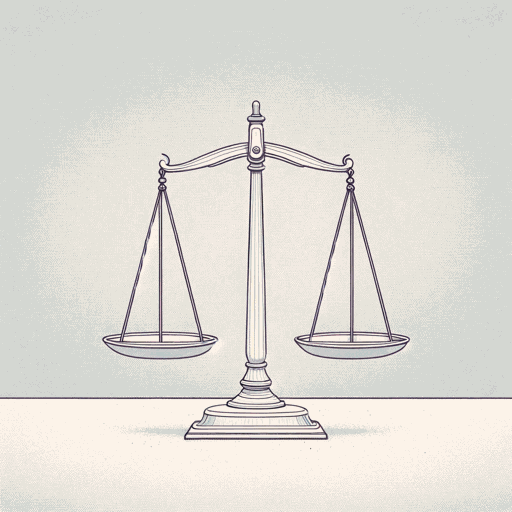41 pages • 1 hour read
Joseph E. StiglitzThe Price of Inequality
Nonfiction | Book | Adult | Published in 2012A modern alternative to SparkNotes and CliffsNotes, SuperSummary offers high-quality Study Guides with detailed chapter summaries and analysis of major themes, characters, and more.
Important Quotes
“Some defenders of the current level of inequality claim that although it’s not inevitable, doing anything about it would be just too costly. They believe that for capitalism to work its wonders, high inequality is an inevitable, even necessary feature of the economy. After all, those who work hard should be rewarded, and have to be, if they are to make efforts and the investments from which all benefit.”
(Chapter 1, Page 6)
Stiglitz presents the argument of those who oppose his idea that inequality was created by politicians (through policies, regulations, and laws) to ensure that the wealthiest 1 percent remain that way, to the detriment of the other 99 percent. One of the book’s major themes is that there has been a battle of ideas to try to convince most Americans that what is best for the 1 percent is best for everyone else too. This quote, then, encompasses an opinion—often cloaked in economic theory and usually expressed by thinkers on the right of the political spectrum—that he argues against throughout the book.
“The success of an economy can be assessed only by looking at what is happening to the living standards—broadly defined—of most citizens over a sustained period of time. In those terms, America’s economy has not been performing well, and it hasn’t been for at least a third of a century.”
(Chapter 1, Page 24)
This quote explains one of the author’s key contentions, which is that political decisions that favor the 1 percent have caused the standard of living for the rest of America to decline over time. In essence, 99 percent of Americans have been living with lower wages, unemployment, substandard housing, increased housing costs, poor health care, and the like, long before the Great Recession. Moreover, the gap between the rich and the middle class (not to mention the poor) in America has also grown larger over time.


